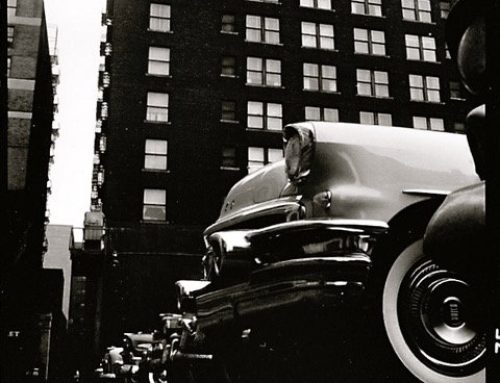A photographer meditates on the possibilities and pitfalls of photographing home
My home, Pittsburgh, and the surrounding counties of Southwestern Pennsylvania, have a complex, violent, and at times very dirty history. That’s been the case for at least the past three hundred-ish years, with a story centered on westward expansion and the acquisition of industrial wealth. This inequitable storyline influences popular depictions in which entire communities are either left out, erased, or relegated to specific roles–not just in Pittsburgh, the Rust Belt, Appalachia, or the Midwest, but in the United States as a whole.
This history informs my photographs, or perhaps my perceptions of the space I occupy. When I first started making photographs, I was simply concerned with creating captivating pictures. In many ways I’m still chasing that. But, as I became more visually literate and capable, with a camera, an understanding of the power, significance and uses of visual communication swayed my intention for making photos. I felt a responsibility to reflect on my understanding of my home and how it has been depicted.
Most of the photos you see here were made over the past eighteen months, while I was contemplating the widespread loss of life, the instability and potential collapse that we’ve been witness to, as well as the fleeting feeling of hope that I keep seeking. I think of my photographs as depicting people, even though most of them don’t actually contain people in the composition. Their presence is implied in what they leave behind, and in how we have marked and changed the land. When I do photograph people, often it’s to convey a relationship to place and community. Ultimately though, I just make pictures of the place that I call home.
Photography can be used to express inequity, exploitation, trauma, and oppression–all of the terrible things that humans are capable of. It can also be used to express beauty and love, evidence of perseverance, and the humanity that comprises the fabric of community. While this breadth of expression is fundamental to the medium, I don’t think photography alone (or really any form of art) can adequately address the underlying problems of inequity that limit and shape our perceptions. Pictures can’t solve our problems, or even depict the entirety of the most innate human experience. They are only a strange mirror.
■
__
–
Jake Reinhart (b. 1979) is a photographer from Pittsburgh, Pennsylvania. Born and raised in South Western Pennsylvania; his work is informed by the region’s history and explores the importance of place in relation to the formation of identity and community. You can find more of his work at jakereinhart.com.















